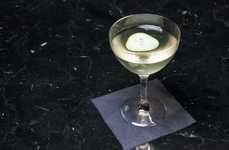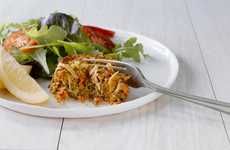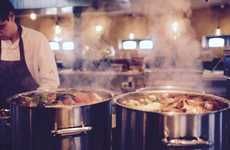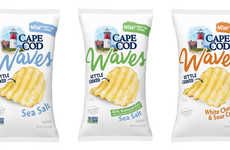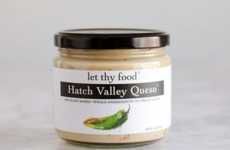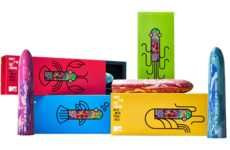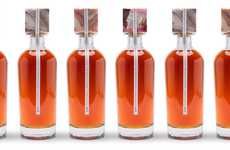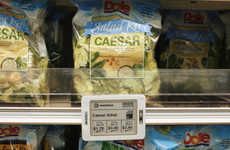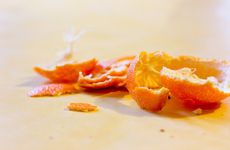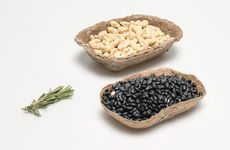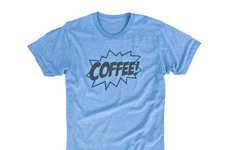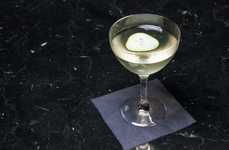
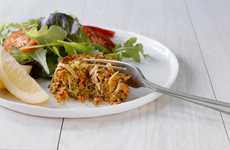


Sophisticated dishes and beverages are being made with waste foods and materials
Implications - With strategies surrounding the prevention of waste being formed on local, national and global levels, those who specialize in luxury food are accommodating these seemingly unpleasant materials or ingredients into their sophisticated menu items. This shift serves two significant functions – catering to experiential foodies desiring novelty, while giving consumers motivated by morality the simple, value-driven purchase decisions they crave.
Workshop Question - How can your brand simplify consumers' decision-making processes by incorporating some sort of eco or socially conscious function to its products/services?
Trend Themes
1. Upcycling Food - Businesses are repurposing imperfect ingredients and foods that would otherwise be wasted into luxury menu items.
2. Minimal Waste Manufacturing - Clothing brands are converting used textiles and clothes into soil and fertilizer to create new products and reduce their waste outputs.
3. Sustainable Food and Beverage Creation - Restaurants and bars are using repurposed kitchen scraps and ugly produce to make new and inventive dishes and cocktails.
Industry Implications
1. Food and Beverage Industry - This industry can explore innovative ways to repurpose otherwise wasted ingredients for luxury and sustainable dining experiences.
2. Fashion Industry - The fashion industry can reduce waste by exploring ways to create new products through repurposing and composting used textiles and clothing.
3. Technology and Retail Industry - Companies can create apps and platforms to reduce waste in grocery stores by selling surplus food at discounted rates to consumers.
